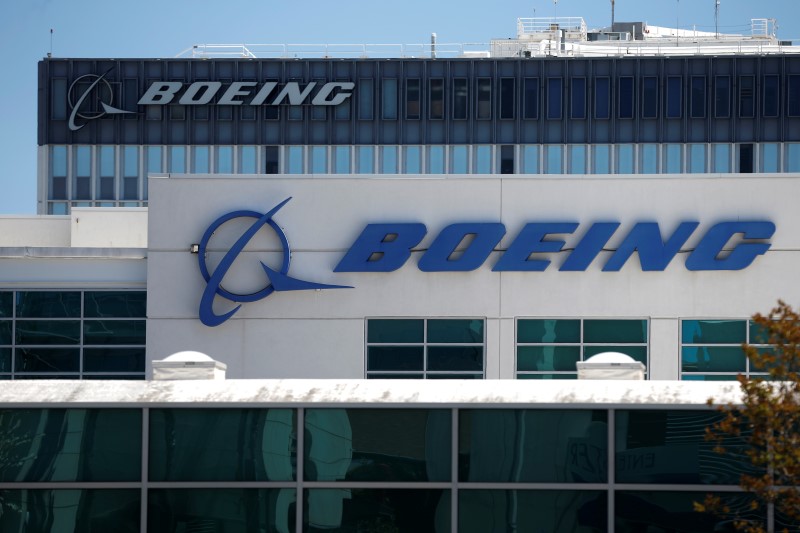NASA's recent decision to bring Boeing's (NYSE:BA) Starliner spacecraft back to Earth without its astronaut crew has raised concerns about the company's space program.
The two astronauts, who will now return aboard SpaceX's Dragon capsule, were originally scheduled to return on the Starliner.
Analysts believe this decision could have significant implications for Boeing.
Wolfe Research notes that NASA's decision will likely result in additional financial charges for Boeing, estimating potential losses between $200-300 million. However, Wolfe maintains that the setback does not alter the medium-term equity outlook for Boeing.
JPMorgan highlights that the decision was driven by safety concerns, particularly persistent issues with Starliner's thrusters. These safety concerns led NASA to opt for the Dragon capsule, which has a more reliable track record.
Analysts suggest that these ongoing issues with Starliner could further exacerbate Boeing's financial losses in its space division.
Bank of America underscores the broader implications of the decision. Analysts point out that Starliner has faced numerous challenges since its inception, including multiple delays and technical failures.
They express concern that this latest setback could damage Boeing's reputation with NASA, possibly affecting future contracts.
The Bank of America team even suggests that Boeing may need to consider divesting its manned spaceflight business, given the ongoing challenges and potential reputational harm.
While the decision to return Starliner uncrewed is seen as a prudent safety measure, it casts a shadow over Boeing's future in space exploration, adding to the company's existing operational and financial challenges.
